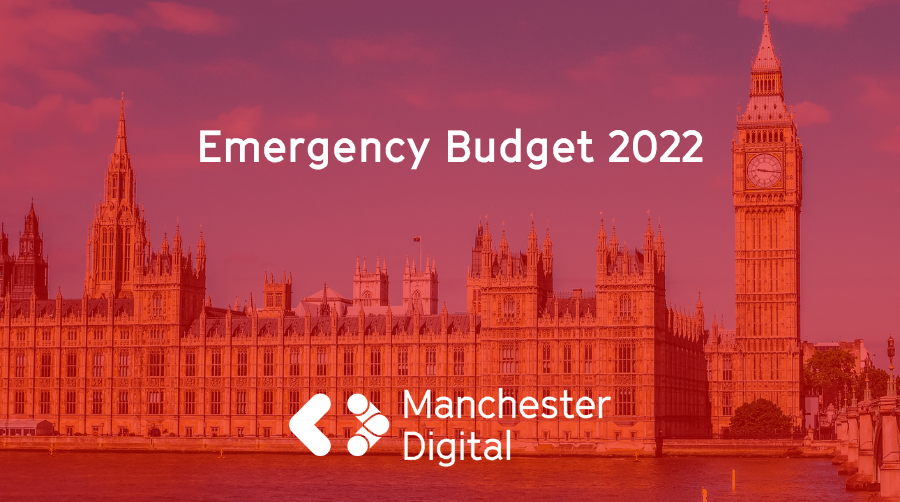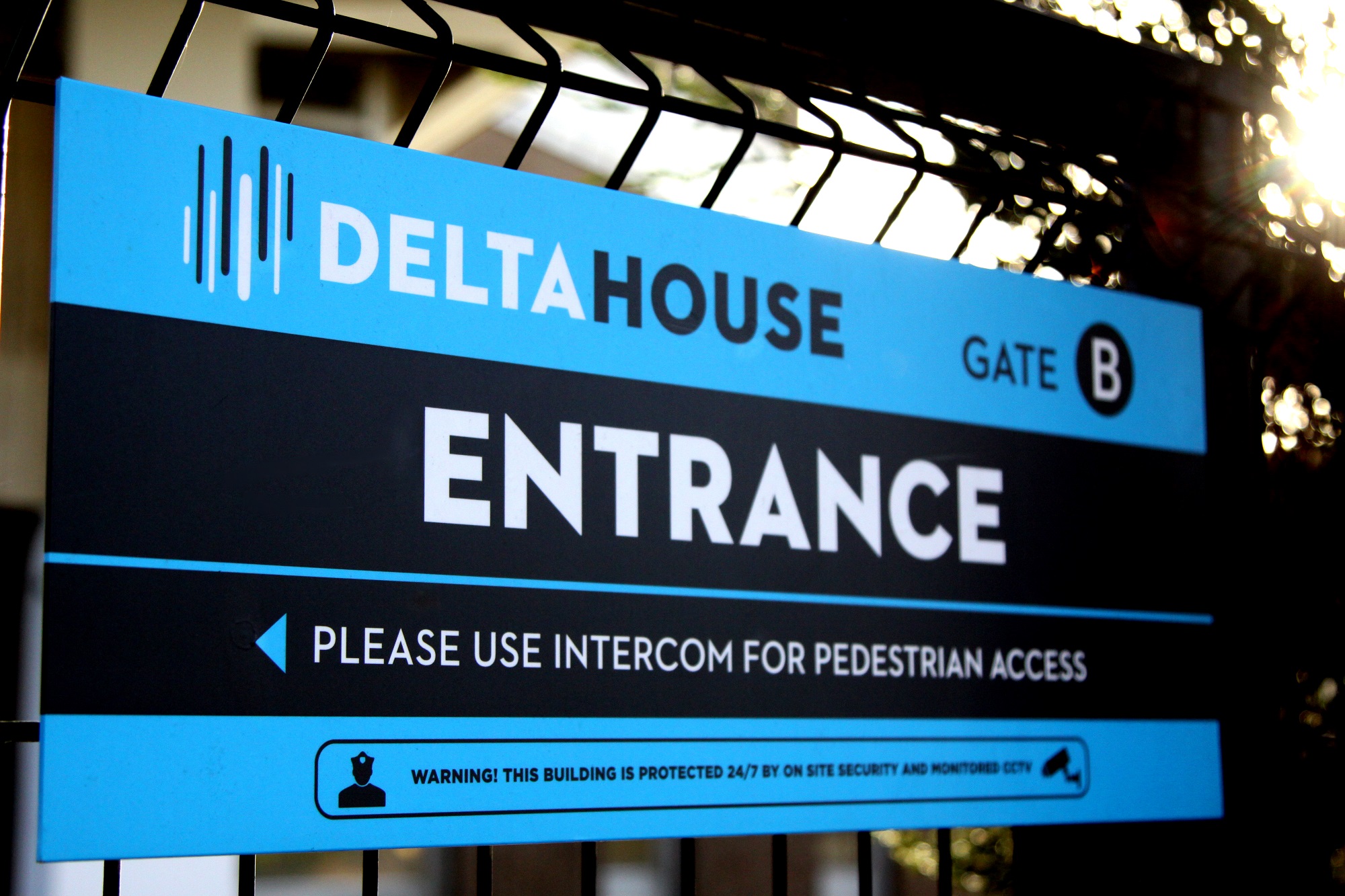
Friday’s Emergency Budget was big news for businesses and consumers, which included a swathe of large tax cuts for high earners, plus cutting the planned increase for National Insurance and corporation tax too.
In light of the uncertainty whether there will be a full Budget in October, it is highly disappointing that skills and investment in the digital and tech sector were not prioritised within these announcements.
Considering that the sector is a key enabler of economic growth for the UK, it seems amiss that talent and skills, AI and green tech were all overlooked. Investing in these key parts of the tech sector will encourage investment and retain the UK’s place on the global stage.
The removal of the top tier of tax band for anyone earning more than £150,000 was an unexpected announcement, and certainly hadn’t been called for. That cost of £10bn would have been far better invested in developing the growing tech and digital sector in many ways.
Views from our tech and digital members are indeed mixed. In the short-term, both businesses and households welcome any tax cuts and energy support packages that means more cash in their pockets and business accounts for the next 12 months.
However, anyone with an eye on the long-term will have very valid concerns about a Budget that hasn’t been costed out. The stock markets’ response to this Budget was to see the pound plummet, so the global reaction to this bold Budget wasn’t at all positive.
Overall, there were a number of interesting announcements for the tech and digital industry, although we await the finer details in due course.
Investment Zones
Greater Manchester, Lancashire and Cheshire are all within the 38 Local Authorities which have been selected as Investment Zones. In short, this means they become low-tax areas with reduced planning policies to encourage new developments and new businesses to open.
It was suggested that this was an evolution of the separate Levelling Up pots of money, essentially being put together in one large pot.
There will be concerns around the lack of planning regulations, when the existing high streets and existing struggling businesses could really use some extra support, rather than encouraging new business and builds.
We would, as always, strongly encourage Central Government to work closely with the existing regional tech eco-systems as they have unique working knowledge about exactly what their region needs in terms of investment and support in order to succeed.
IR35
This confusing piece of legislation has affected the IT and tech industry hugely over the past few years, specifically because they use a lot of contractors and consultants. Essentially, the legislation was brought in to stop businesses putting people on a freelance contract, simply to avoid paying the employee benefits. The Government plans to repeal the 2017 and 2021 IR35 reforms from April 6, 2023.
It is now up to the contractor or freelancer to decide their employment status, which in theory makes it easy for businesses to employ temporary contractors, and the contractors don’t have to use expensive umbrella companies to get paid.
This is a bonus for professional IT and tech contractor and the companies who rely on their services.
SEIS
The Seed Enterprise Investment Scheme is one of the Government’s schemes to help early stage companies raise money by offering tax relief to individual investors who buy new shares in the business. Previously, you could receive a maximum of £150,000 through SEIS investments.
From April 2023, this top figure will be increased to £250,000 - a huge jump which will make investment in start-ups far more attractive to investors. We do welcome any improvements made to investment and tax relief around start-ups who deserve Government support in their early years.
In conclusion, Manchester Digital urges the Government to look at both the previous Levelling Up commitments, plus responding to regular calls from the tech industry for more investment in skills and talent pathways.







